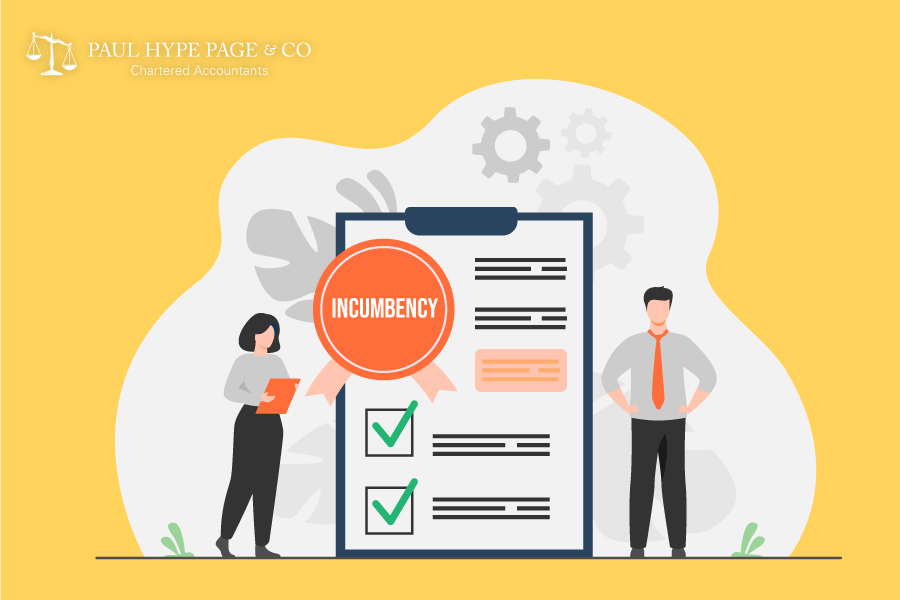Outline
- Types of Shares In Singapore
- What Is Share Capital Reduction
- Consequences of Having Excessive Share Capital
- Reasons to Reduce Share Capital for Singapore Companies
- Impact of Share Capital Reduction for Singapore Companies
- Opportunity For Creditors to Object to the Capital Reduction
- How to Reduce Share Capital for Singapore Companies
- FAQs
If there’s one thing that a company should not have too much of, it’s their share capital. Having excessive share capital can be detrimental to a company, and many are looking at ways to reduce their share capital.
In Singapore, companies have the flexibility to issue various types of shares, each with its own set of conditions. The two most commonly utilized types of shares in Singapore companies are ordinary shares and preference shares.
Ordinary shares are the typical and widely held shares in a company. Owners of ordinary shares enjoy voting rights and are entitled to receive dividends at variable rates. These shares provide shareholders with a voice in decision-making processes and allow them to participate in the company’s profits.
On the other hand, preference shares grant special rights and privileges to their owners, primarily concerning dividend distribution. Shareholders holding preference shares are entitled to receive dividends before ordinary shareholders. Furthermore, preference shares can be redeemable, meaning that the company may choose to repay the shareholders their initial investment at a predetermined date or when specified conditions are met. The terms and conditions regarding redeemable preference shares must be clearly stated in the Memorandum or Articles of Association of the company.
In general, shares can be freely transferred unless any restrictions on transfer are explicitly outlined in the company’s Articles of Association. These restrictions may include pre-emption rights, which grant existing shareholders the first opportunity to acquire shares being transferred by another shareholder.
The process of decreasing the amount of a company’s shareholder equity is called share capital reduction. There are many ways that this can be executed such as share cancellations and share repurchases, which is also known as share buybacks.
To create a more efficient capital structure and increasing the shareholder value, companies will look to reduce its share capital. It is important to note that while the company’s market capitalisation will not change because of the share capital reduction, the number of outstanding shares and traded shares will decrease.
Another scenario where capital reduction may be executed is to respond to a decline in operating profits or loss of revenue that cannot be recovered from a company’s expected future earnings. In some capital reductions, shareholders will receive a cash payment for shares which have been cancelled, but in most other situations, the impact on shareholders is minimal.
If a company has excessive amounts of shares, it will usually reduce the value of existing shares currently owned by stockholders. While this is not the ideal situation for stockholders, it is an attractive situation for investors. This is because it may also lead to increased returns on equity through higher dividend pay-outs or capital gains.
There are multiple reasons as to why a company might choose to reduce its share capital. These include:
Besides the reasons above, a company owner may reduce the share capital of the company to:
If no creditor objections are raised, the company must submit the special resolution, solvency statement, director’s declaration, and notice containing the reduction information to ACRA via BizFile+ within eight weeks of the resolution date.
The capital reduction will only be effective once ACRA records the reduction information in the register.
The decision to opt for a court-approved or non-court-approved capital reduction method rests with the company itself.
Typically, companies prefer the court-approved method due to its conclusive nature. Once the court approves the capital reduction, it becomes challenging for creditors to challenge the decision based on fairness.
Moreover, as mentioned earlier, this method reduces potential liability for the board of directors, as there is no requirement to prepare a solvency statement.
However, the non-court approved method offers simplicity, speed, and eliminates the need to pay fees to the court.
Creditors have the option to seek court intervention within six weeks of the resolution date if they wish to challenge a company’s application for a non-court approved capital reduction.
The court will revoke a capital reduction order under two conditions:
In most cases, creating distributable reserves or reducing financial losses is the main reason to reduce the share capital of the Singapore company. This is because financial losses have a negative impact on a company’s overall profit and may prevent the rightful payment of dividends to shareholders. Financial reserves created through a reduction of share capital can increase or create distributable reserves and serve to reduce or eliminate losses.
Some company owners choose to reduce the company’s share capital in order to increase its distributable reserves so that a buyback or redemption of shares can be made possible. This may be the case if the company does not have sufficient distributable reserves to redeem shares and does not plan to issue new shares to finance the redemption of those shares.
Many company owners in Singapore have made plans to reduce the share capital of their company. There are 2 ways to reduce share capital for Singapore companies:
1. Reducing share capital with the approval of the Court
A special resolution for share capital reduction must be passed for this option before the court confirms the reduction. This is usually done by the company secretary.
However, before doing so, the company must send the Accounting and Corporate Regulatory Authority (ACRA) a notice stating that the special resolution has been passed. Before the court approves this resolution, it must agree to the fact that each qualifying creditor has either consented to the reduction or assured the court that all debts have been adequately protected.
Upon approval, the company is required to submit a copy of the court order on the BizFile+ website within 90 days of approval. The company can then edit its shareholdings according to the approved share capital reduction and this will take effect once ACRA has officially recorded the information.
2. Reducing share capital without the approval of the Court
Similar to the first option, a special resolution from the company’s shareholder must be passed before share capital reduction takes place. Once completed, the company’s board of directors will make an official statement if required, and they must also comply to any other requirements. The reduction proceeds as per the court-approved method once all matters have been addressed.
FAQs
About The Author
Share This Story, Choose Your Platform!
Related Business Articles





